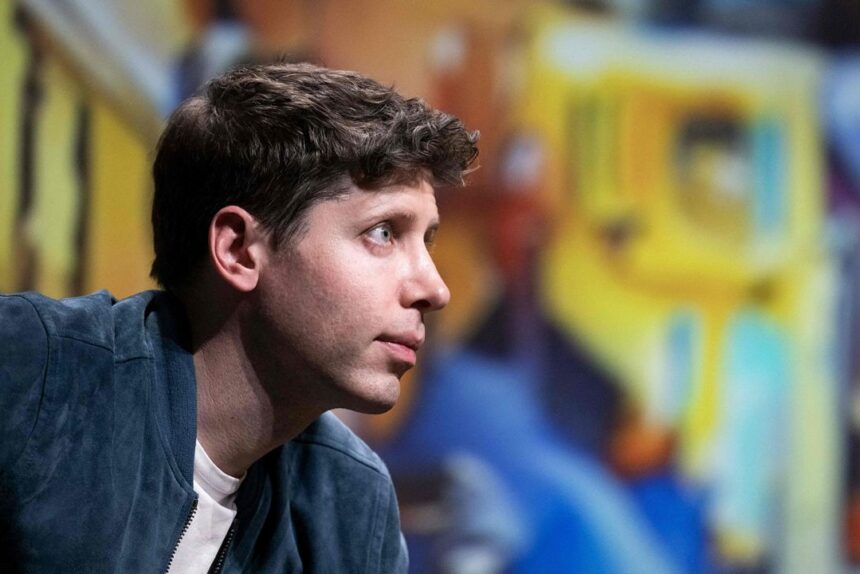OpenAI Agreed to Buy $51 Million of AI Chips From a Startup Backed by CEO Sam Altman

Sam Altman, who was recently reinstated as OpenAI CEO after a brief period of being fired, retained potential gains even if the company continued to advance ChatGPT without his leadership. While serving as CEO, Altman oversaw OpenAI’s commitment to invest $51 million in AI chips from a startup named Rain AI, in which he personally holds investments.
Rain AI, located in close proximity to OpenAI’s San Francisco headquarters, focuses on developing a neuromorphic processing unit (NPU) designed to emulate human brain features. In 2019, OpenAI entered into a nonbinding agreement to allocate $51 million for these chips once they became available, as indicated by the deal document and disclosures made by Rain to investors this year, as reported by WIRED. Investor documents revealed that Altman had invested over $1 million of his personal funds in Rain. This letter of intent had not been previously disclosed.
The documents further suggest that Rain could potentially deliver its initial hardware to customers as early as October of the following year. Both OpenAI and Rain declined to provide comments on the matter.
The letter of intent between OpenAI and Rain illustrates the intersection of Altman’s personal investments with his responsibilities as the CEO of OpenAI. Altman, previously at the helm of startup incubator Y Combinator, gained prominence as a dealmaker in Silicon Valley, participating in numerous startup investments and serving as a liaison between entrepreneurs and major companies worldwide. However, the overlap and distraction stemming from his various pursuits reportedly played a role in his recent termination by OpenAI’s board, citing issues of communication transparency.
The Rain deal also highlights OpenAI’s readiness to allocate substantial funds to secure chip supplies essential for groundbreaking AI projects. Altman has publicly voiced concerns about the scarcity and high costs of AI chips, referring to a “brutal crunch.” Although OpenAI leverages the robust cloud infrastructure of its primary investor, Microsoft, the organization has intermittently restricted access to certain features of ChatGPT due to hardware limitations. According to a blog post detailing a closed-door meeting with developers, Altman suggested that the pace of AI progress might hinge on innovations in chip designs and supply chain improvements.